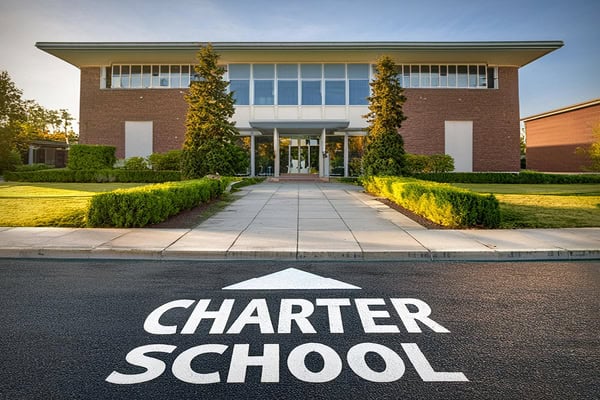“Four years after the pandemic rocked America’s education system, students continue to post lackluster test scores and far-from-adequate learning gains,” writes Karega Rausch, president and CEO of the National Association of Charter School Authorizers, in The 74.
“I have no doubt that the summer will be filled with reflection and plans to tackle this challenge anew next year. I also think there’s a good chance that many education leaders could overlook a key lever in improving student outcomes – the power of accountability and the model provided by charter school authorizers.
“Charter authorizers often fly under the radar, and few people understand the link between authorizers, accountability and learning.
“Charter schools are granted flexibility to meet children’s needs in return for accountability for meeting their promises to families and taxpayers. To set and meet these requirements, charter schools need an authorizer. A strong authorizer creates accountability by defining clear expectations for student outcomes, working alongside schools, families and communities to ensure they are met and driving change and improvement when schools don’t deliver on that promise.
“As the president and CEO of the National Association of Charter School Authorizers, I interact with hundreds of charter authorizers on a regular basis. My organization has seen time and time again that a strong authorizer will have a strong accountability system, which in turn creates a greater number of students achieving at high levels and a shrinking number of kids learning below grade level. More simply put, the combination of authorizing, accountability and innovation almost always creates the results education professionals and families so desperately crave — improved student learning.
“A longitudinal study released last year by the Center for Research on Education Outcomes at Stanford University found that the majority of charter schools accelerated academic outcomes for students at impressive rates. CREDO designated more than 1,000 charter schools as “gap busters,” citing their ability to demonstrate strong results overall and close historically persistent achievement gaps. Impact like this is possible, in part, because authorizers hold and enforce high standards: saying ‘yes’ and making it easier for students and families to access charter schools and networks with strong results, saying ‘no’ to networks with poor results. The study described how important strong authorizing practices and accountability systems are in producing schools that can close gaps in student achievement.
“Evidence continues to support the power of strong accountability in raising student outcomes, but the term has for too long been associated with punishment and school closures, limiting the ability of superintendents, principals and even charter authorizers to rely on accountability measures as a tool for improving student learning.
“If education advocates and practitioners could expand the understanding of this crucial lever for student achievement, it would become far easier for more schools, districts and states to truly invest in the practice of accountability.”
The 74





